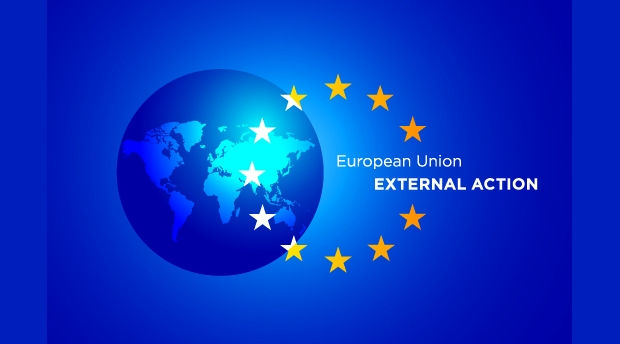European dimension in teaching and learning process in Albania
- csbprojectitaly
- May 9, 2020
- 3 min read
A very actual point of view from the perspective of Prof. Lediana Beshaj, CSB Team Leader and Executive Director of Research and Development Institute Wisdom of Tirana on the role of universities under the common European Higher Education Area. Our Erasmus Plus K203 project "Cultural Studies" celebrates with her words today the "Europe Day" remembering the 'Schuman declaration' in 09/05/1950 (https://europa.eu/european-union/about-eu/symbols/europe-day_en).
Universities, since the genesis of their creation, have aimed to discover and develop knowledge through scientific research, transmitting it through various forms of education, teaching methods and all other ways of transmitting knowledge.
As the world moves at a rapid pace, higher education institutions are facing new challenges every day.
As leaders in this process, universities are responsible for providing their students with access to the widest and excellent possible quality of knowledge. In this regard, various initiatives have been taken by European Institutions and bodies (we mention here the Bologna Process or European funding programs like Erasmus) with the aim of making higher education qualitative and effective. These initiatives aim to put the student at the center of learning, while the higher education institutions themselves carry out teaching led by making use of learning outcomes approach, with the aim of ensuring quality in education, elements that constitute the foundation of education in Europe today.
Driven by these challenges and with the aim of active participation of students in educational life, universities, in addition to scientific research are applying innovative and creative teaching methods, making maximum use of technology in both teaching and learning. The focus now is on preparing students who will be capable of facing the challenges of the 21st century, and so the main issues on the European agenda are related to this type of approach and effective teaching methods as much as possible, which would lead students to success.
The use of innovative teaching methods is an essential skill for lecturers and teaching staff. Various studies have shown that innovative teaching methods and approaches can significantly improve the learning process of students. Bringing innovations into learning strategies is not so simple, because while experimenting with a new teaching method we may encounter surprises. However, experimenting with new methods and strategies can improve student engagement and achievement.
In this regard, higher education institutions in Albania are trying to update the curricula and also approximate them to meet the European standards and the demands; as well the universities are trying to have developed teaching strategies and methods, referring to EU principles. In addition, the European Commission supports higher education institutions in modernizing educational programs, especially through projects such as Erasmus +, which aim to establish collaboration between the European member states and the candidate states in order to work together in the field of higher education institutions so as to improve the quality of higher education.
In many cases, these programs and projects aim to bring innovation in the curricula, where attention is paid to the development of students (learners) as active and responsible citizens, critical thinkers, and problem solvers, equipped for life-long learning. Nowadays, learning and teaching is based on the learner-centered approach and the commitment to learning and teaching is integral to the purpose, mission and strategy of the universities, establishing collaboration across the universities as well as with the wider community.
Moreover, the university community actively explores and cherishes a variety of approaches to learning and teaching that respect a diversity of learners, stakeholders, and disciplines.
These European principles, which focus on effective teaching, have already become the compass of every higher education institution that seeks to prepare students for work, citizenship, and life in the 21st century.
The same can be inferred about the project under Erasmus + K2 entitled “Cultural Studies in Business” which is the best manifestation of the European principles in what the Erasmus itself is aiming for and funding in the field of education.
As Confucius says “If your plan is for one year plant rice, If your plan is for ten years plant trees. If your plan is for one hundred years educate children”.
This is the whole aim of the project , ensuring a qualitative curricula for the students of economics and not only.


.jpg)






Comments